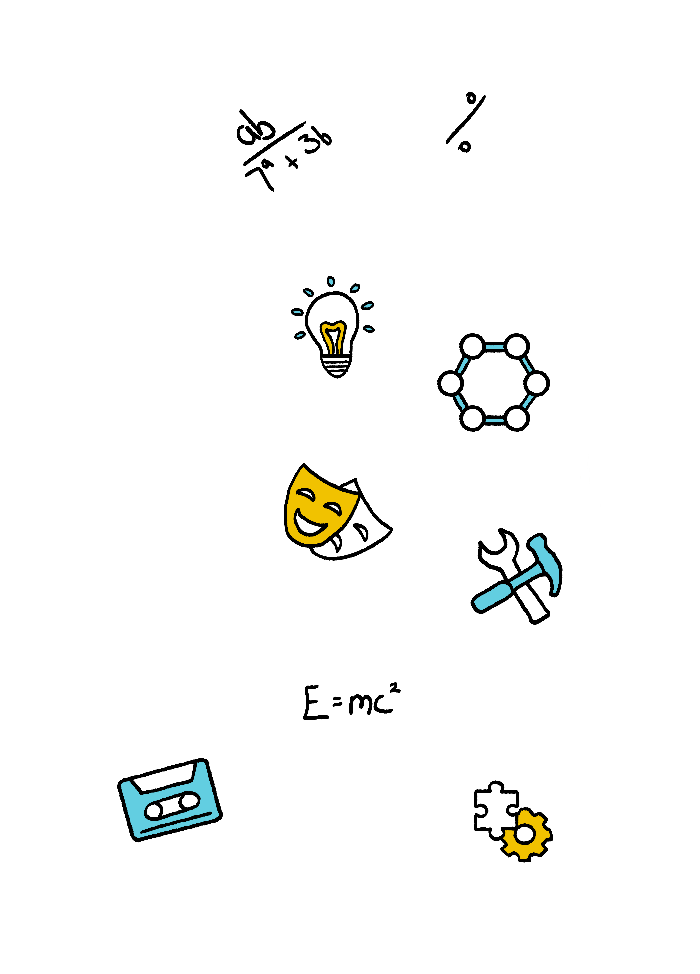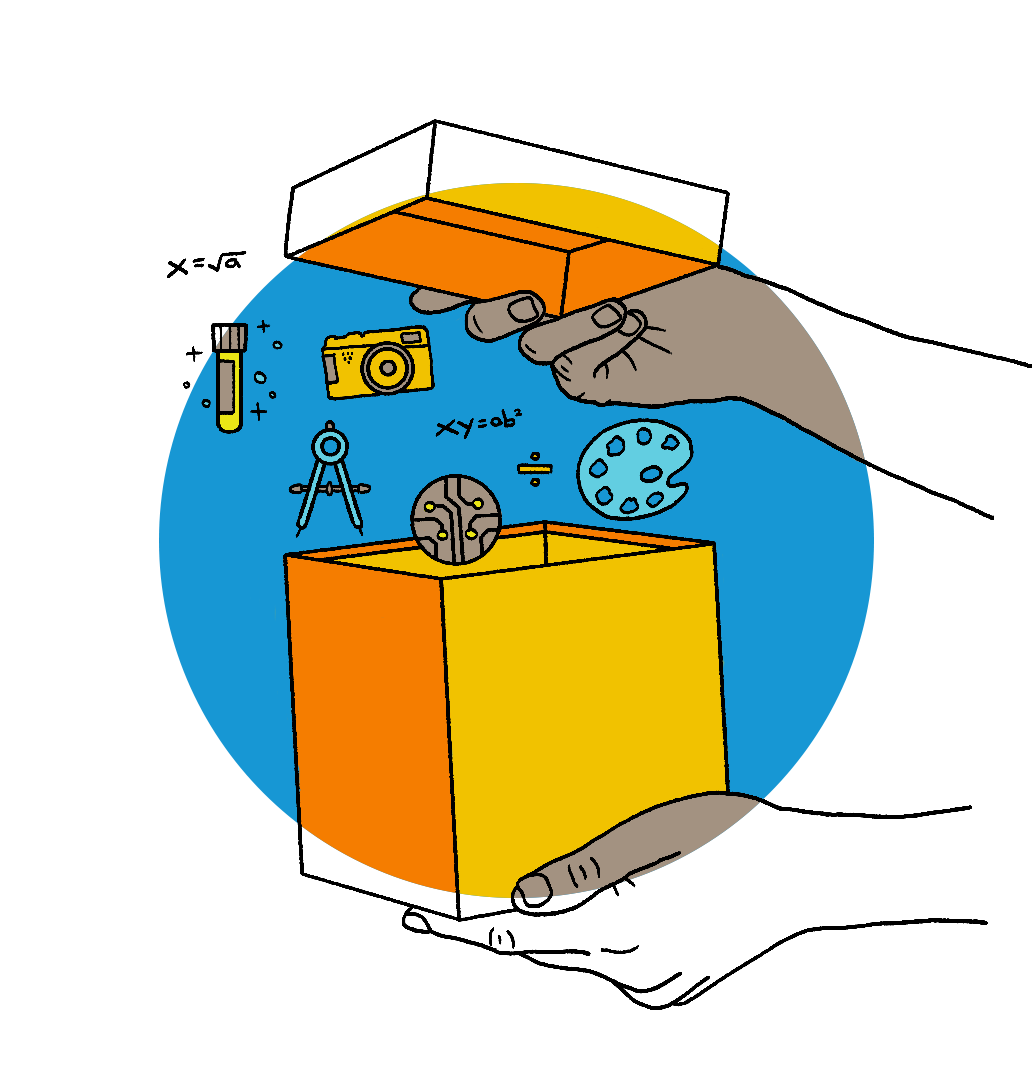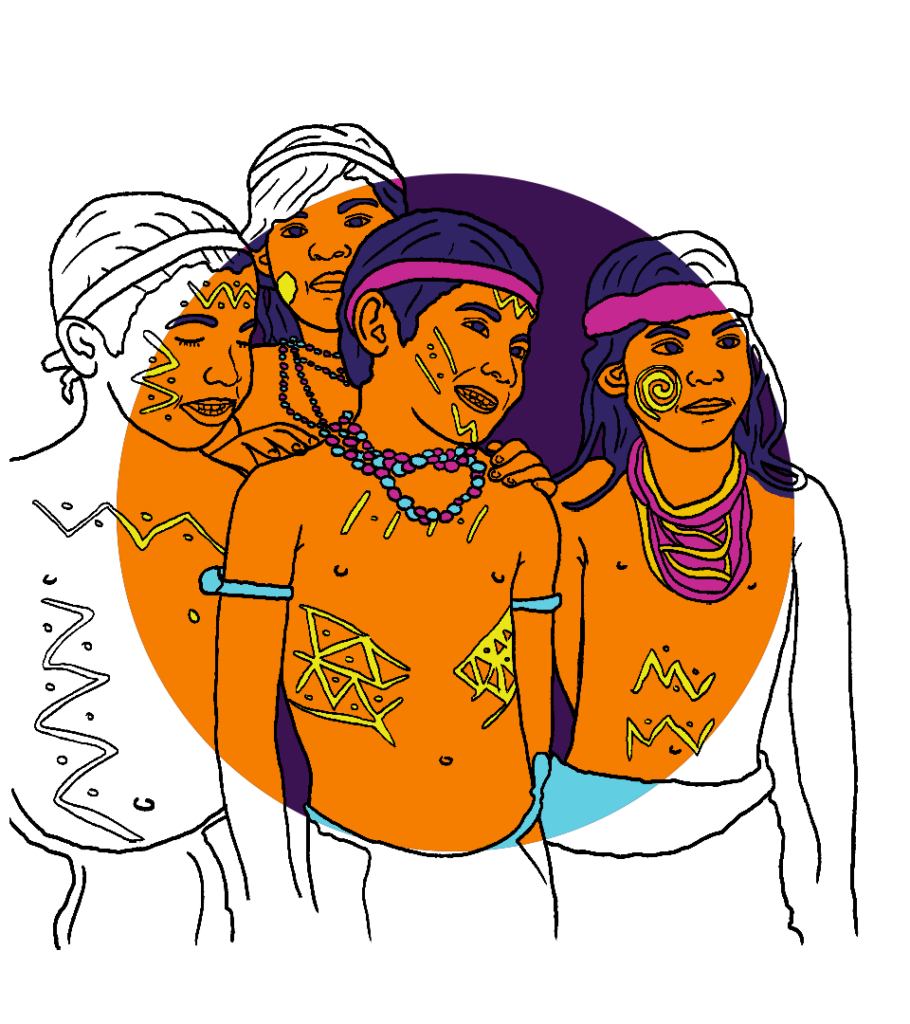A new approach to commissioning and cross-sectoral creative R&D offers a model for the mobilisation of the cultural sector to play a more prominent role within the sustainable development agenda.
Socially engaged practice has become increasingly prominent over the past decade across visual arts, performance, theatre, design and pedagogy as artists and institutions respond to urgent global issues from their local contexts. The global pandemic has thrown into sharp relief issues around social inequality, while demonstrating the potential for the collective use of creative technology and the internet to galvanise communities of interest, shift mainstream narratives and demand societal change. It was within this context that a programme of £120 million worth of investment into the UK’s creative economy brought together cross-sectoral creative teams to design and deliver projects of scale over a two-year period.
That investment resulted in a programme that evidences the value of taking a new approach to cultural production which decentralises creative innovation and gave rise to initiatives that could begin to inform a new framework for the commissioning of creative work that aligns to the UN’s global sustainable development agenda at a previously undelivered scale.
UNBOXED: Creativity in the UK was a programme of large-scale commissions delivered across England, Northern Ireland, Scotland, Wales and online, opening in March 2022 and running until the end of the year. The programme was funded and supported by the four governments of the UK and delivered in partnership with Belfast City Council, Creative Wales and EventScotland. It featured 10 major, multi-site and digital creative projects all designed to be experienced by audiences free of charge, to engage with communities outside major metropolitan areas across the four nations of the UK, in places often less well served culturally.
The project began life as a funding commitment from the four governments of the UK to deliver against two objectives: to bring people together, and to celebrate the UK’s creative offer to the world. It was devolved to an arms-length body from government, with curatorial independence governed by an independent board. Through a series of visioning sessions and in-person consultations that took in a cross-section of the creative sector through a tour of the regions in early 2020, an ambition was established for the project (then with the working title Festival UK 2022) to focus not solely on the arts or the creative industries, but to celebrate creativity in all its forms. The STEAM (science, technology, engineering, arts and mathematics) agenda became an organising principle as a means of bringing together creative thinkers across disciplines and encouraging cross-sectoral collaboration.
There is a huge potential to generate shifts in public perception on issues of sustainable development when investment into grassroots creators and organisations enables them to work at scale and across sectors
In September 2020, six months after the first Covid lockdown was announced in the UK, an open call went out for teams to assemble across at least three of the STEAM sectors, with a mandatory representation of the arts. Each team was required to demonstrate a clear focus on platforming underrepresented and emerging organisations, artists, practitioners and thinkers; to include at least one organisation or individual with experience of delivering large- scale public programmes; and to include at least one team member who had not worked with any of the team before. Artists came together with engineers, musicians with architects, neuroscientists with game developers. In total, over 120 teams applied.
The teams were not required to submit project ideas; rather, the aim was to facilitate the creation of genuinely diverse collectives that could draw learnings from across a range of sectors, and to support them to produce new concepts – a model familiar to the tech sector in the creation of novel commercial IP, but less common in the cultural sector, where creatives need to retain artistic rights. From the 120 applications, 30 teams were selected to take part in a fully funded creative research and development programme, the Creative Studio – a six-week semi-structured series of seminars, workshops, lectures, open sessions and consultations, all delivered online. At the outset, the teams were given an R&D budget of £100,000 and a brief to imagine and design a concept for a large- scale public engagement project that was open, original and optimistic; would exist in real and/or virtual spaces across the UK; and would reach millions globally.
Keynote speakers including musician Nile Rodgers, writer Bernadine Evaristo and space scientist Maggie Aderin-Pocock contributed to the Creative Studio programme, providing richness and inspiration, while the BBC’s R&D department led the group in a series of structured creative exercises to support the idea-generation process, introducing product design and future-casting techniques that were familiar to many of the participants and brand new to many more. The cohort was given guidance on how to make new teams work, how to ensure inclusion in your process and how to innovate with intent.
Rather than funding core institutions, money was distributed widely across the creative and STEM sectors, with over 500 organisations and individuals supported. The teams included 27 universities, nine coders, 32 science and research institutions, 11 disability organisations and 100+ freelancers.
At the end of the R&D period, the 30 teams pitched their ideas and 10 were selected. The project materials and feasibility reports for all 30 projects were submitted under a creative commons licence. The intention is for this body of material, alongside the digital footprint of the full live programme, to be published as a free ‘commons of ideas’ to support cross-sector groups or individuals to collaborate on new creative concepts.
From this novel and incredibly ambitious commissioning mechanism and the scale of the investment in the collective creative process, an informal but consistent thread emerged. Though a mission-led approach had not been expressly part of the brief, each of the selected commissions responded to the provocation of ‘optimism’ by addressing a range of humanitarian and environmental challenges, from the climate emergency to the legacy of post-colonialism, from neurodiversity to land access rights. A strong current of activism surfaced across the programme as scientists and artists formed coalitions around mutual goals. Science and technology provided the tools to effect material change; socially engaged artistic practice offered the motivation and values to drive that change. For artists and organisations who had previously engaged in mission-led work in grassroots contexts, national-scale budgets and collaboration with other sectors facilitated a massive explosion of scale.
The 10 successful teams were awarded individually allocated budgets, with the Barnett formula used to establish the division of funding across the four nations, and the projects went into production at the start of 2021.
Each of the 10 commissions seeks to shift public perception by inspiring audiences to think differently about the way they experience the world. Some have been more explicit in their small-p political missions – such as Dandelion, which aims to seed a sustainable mass movement of community growing and environmental regeneration in Scotland; PoliNations in its explicit deconstruction of the postcolonial myths of nationhood; and Green Space Dark Skies in its direct provocation to interrogate the status quo around land ownership, rights, access and natural heritage.
But that vision of a more positive shared future is embedded in all the projects. Dreamachine creates a powerful collective and individual hallucinatory- like experience for audiences, while contributing to an international body of research into human perception, The Perception Census. At the same time as producing a spectacular lighting and projection mapping performance, About Us supported young people within their communities to use the power of language to understand our connectedness across space and time. Northern Irish project Our Place in Space uses the concept of the overview effect experienced by astronauts to engender new perspectives and new connections in post-conflict communities, and has been supported by UNBOXED’s international partner, the British Council, to develop international collaborative projects with schools in Vietnam and South Africa.

The RSA launched a major new research enquiry in 2022 that uses the 10 UNBOXED commissions as its basis. Collective Futures asks how collective imagination and creative collaboration might help shape better futures for people and planet. Through an open call to the RSA’s 33,000-strong global fellowship, it seeks to capture projects all over the world with approaches to collective creativity that transcend the traditional institutional and individual models.
Through this lens, the UNBOXED commissions taken as a whole serve as a case study that speaks directly to the Missing Pillar agenda, a programme of research and advocacy led by the British Council that seeks to evidence the vital role of culture in the delivery of the UN’s Sustainable Development Goals (SDGs). Culture is not currently formally recognised alongside the three pillars of development – social, economic and environmental – but, as UNBOXED demonstrates, there is a huge potential to generate shifts in public perception on issues of sustainable development when investment into grassroots creators and organisations enables them to work at scale and across sectors.
In the creative sectors, it is widely understood that culture’s potential as a tool in sustainable development is far from being unlocked. Large-scale, open-access projects that capture the public’s imagination can transform the thinking of people and communities and help us to build a more equitable and sustainable future. But to enable culture to play its full role in addressing the challenges we face, we need further investment and further exploration of radical new models of commissioning and R&D that provide space for collaboration, exploration and imagination, with a focus on the creation of more positive futures








